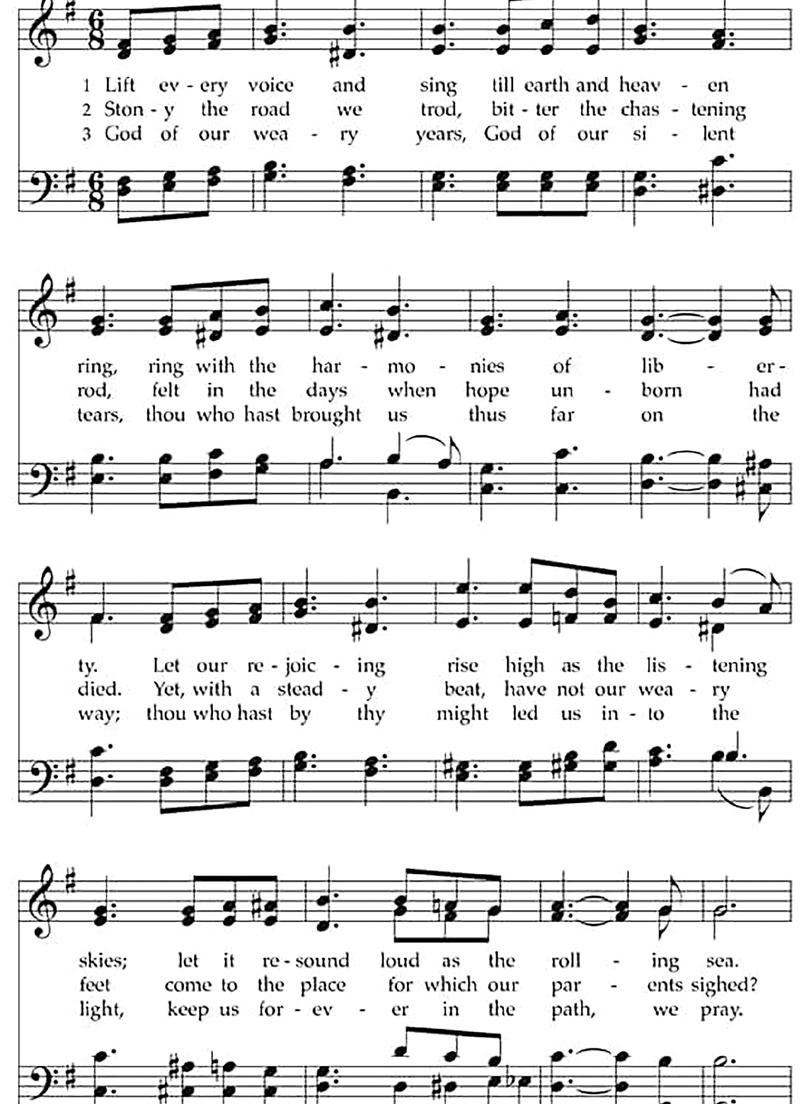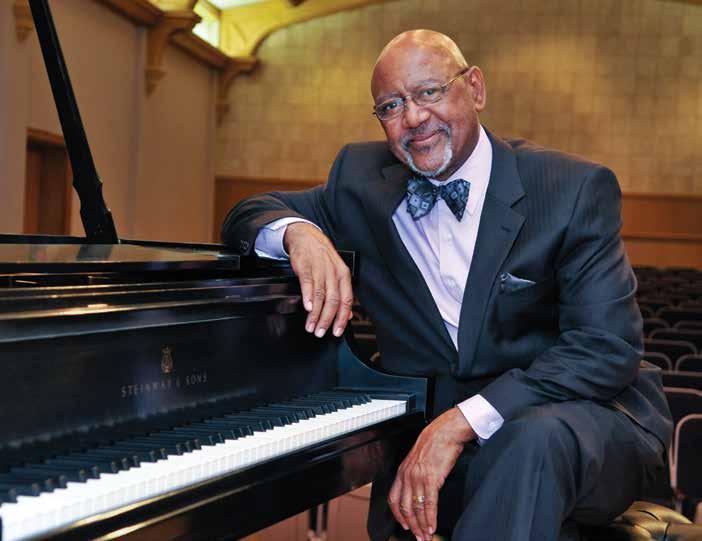
2 minute read
SouthWord and the Southern LIT Alliance
SOUTHWORD RETURNS TO UTC OCTOBER 30-31, 2020
The SouthWord Literary Festival is two-day event hosted by the Fellowship of Southern Writers and presented by Southern Lit Alliance and the University of Tennessee at Chattanooga.
Advertisement
Featuring New York Times best-selling author, Tayari Jones, and with more than 40 members of the Fellowship of Southern Writers—poets, playwrights, fiction and nonfiction writers—in attendance, readers and writers connect for a powerful experience.
Learn more about the festival’s workshops, panel discussions, book signings and more at southernlitalliance.org/southword.
UTC Professor Emeritus Roland Carter earns international award
By Shawn Ryan I n June 2019, UTC professor emeritus and retired music faculty member Roland Carter walked across the stage in New York’s Lincoln Center and was handed a Master of Spirituals Award for his work preserving the religious music of African Americans.
His reaction to the international prize?
“What can I say? I really think I’m overrated,” Carter says with a large laugh. “I think people give me far too much credit for what I’ve been able to do or have done.”
But then he says, in the spirit of giving thanks, just like some of the songs he has lovingly tracked down, arranged and preserved over the decades: “It’s a great feeling to be recognized for those achievements.”
The Master of the Spirituals Award is hardly the only prize Carter, who retired from UTC in 2013 after 23 years, has received over his decades-long career. And, though he no longer participates in the day-to-day activities at UTC, he still teaches through near-constant requests for his skills as a conductor, composer, performer and musical authority.
Among his celebrated arrangements are “Lift Every Voice and Sing,” “In Bright Mansions Above” and for the poem “Hold Fast to Dreams” by Langston Hughes. In fact, one of the great thrills of the awards ceremony in New York, he says, was hearing eight of his works performed by a choir of international singers. “Just to have your works performed by those guys, it was exhilarating to listen to them play the works as their own. When I write a piece, you don’t necessarily have to do it my way. You have to bring something of yourself to it.
“I only ask that you don’t change my notes; don’t change those,” he says with another laugh (he laughs a lot). “Let your spirit come through in terms of your interpretation.”
These days, a good bit of his time centers on his nonprofit organization, the Roland Carter Institute for Studies in American Music, which supports artists performing and preserving African American music. As part of the institute’s work, he’s in the process of cataloguing about 3,000 pieces of choral, spiritual and other musical pieces. “I’ve got all the stuff in boxes and file cabinets,” he says. “So that’s what I’m about these days.” n
“Let your spirit come through in terms of your interpretation.” —Roland Carter












